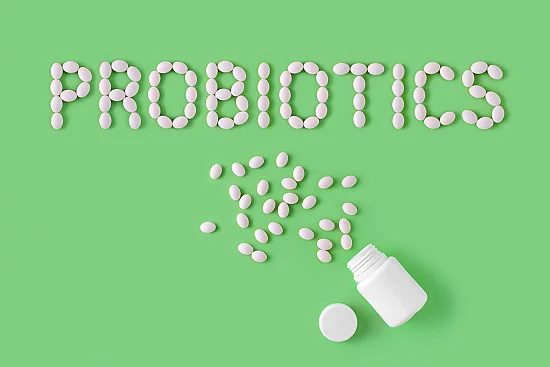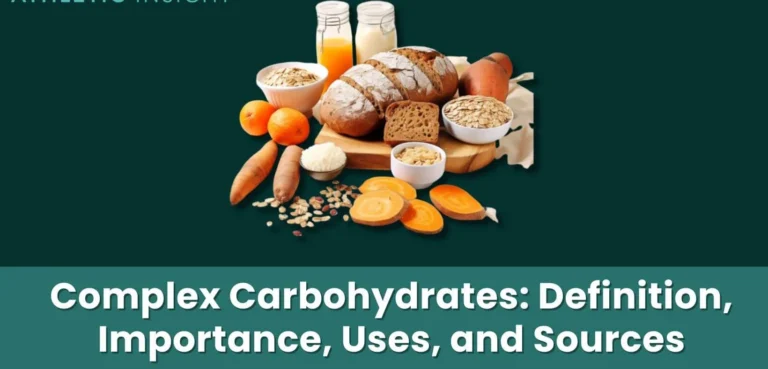What Is the Gut-Brain Connection? Understanding the Foundation
The gut-brain connection, also known as the gut-brain axis, represents a bidirectional communication network between your digestive system and your brain. This complex system involves neural pathways, immune mechanisms, and hormonal signaling that allow constant information exchange between these two vital organs. Recent scientific discoveries have revealed that this connection is far more influential than previously thought, with your gut health directly impacting your mental wellbeing.
At the center of this connection is the enteric nervous system—often called your “second brain”—which contains over 100 million nerve cells lining your gastrointestinal tract. This extensive neural network communicates with your central nervous system, influencing emotions, cognitive function, and stress responses. Additionally, the gut microbiome—the trillions of bacteria residing in your digestive system—plays a crucial role in this relationship by producing neurotransmitters and other compounds that affect brain function.
The Science Behind Probiotics: What They Are and How They Work
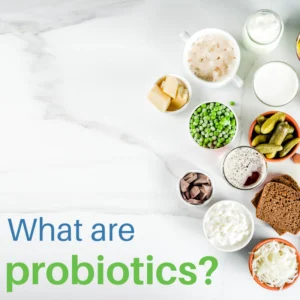
Probiotics are beneficial bacteria and yeasts that support gut health when consumed in adequate amounts. Common probiotic strains include Lactobacillus, Bifidobacterium, and Saccharomyces boulardii. These microorganisms contribute to a balanced gut microbiome by:
- Producing short-chain fatty acids that nourish gut cells
- Competing with harmful bacteria for resources and space
- Supporting the gut barrier function
- Modulating immune responses
- Producing neurotransmitters that influence brain function
Unlike antibiotics that kill bacteria indiscriminately, probiotics help restore and maintain microbial balance. They can be consumed through fermented foods like yogurt, kefir, sauerkraut, and kimchi, or through specially formulated supplements.
Emerging Research: How Probiotics Influence Mood and Mental Health
The field of psychobiotics—probiotics that produce mental health benefits—has gained significant traction in recent years. Multiple clinical studies have demonstrated promising connections between probiotic supplementation and improved mood states:
A 2019 meta-analysis published in the Journal of Affective Disorders reviewed 34 controlled trials and found that probiotic supplementation significantly reduced symptoms of depression, anxiety, and stress in both clinical and non-clinical populations.
Research from University College Cork showed that certain Lactobacillus strains reduced stress-related behaviors and normalized stress hormone levels in animal models. When researchers transferred gut bacteria from anxious mice to calm mice, the calm mice began exhibiting anxious behaviors—further evidence of the gut microbiome’s influence on mood.
Human studies have shown that multi-strain probiotic formulations can reduce negative thoughts associated with sad mood, particularly in individuals with higher baseline depression scores. This suggests probiotics may be especially beneficial for those experiencing pronounced mood disturbances.
Key Probiotic Strains for Mood Enhancement: Which Ones Matter Most
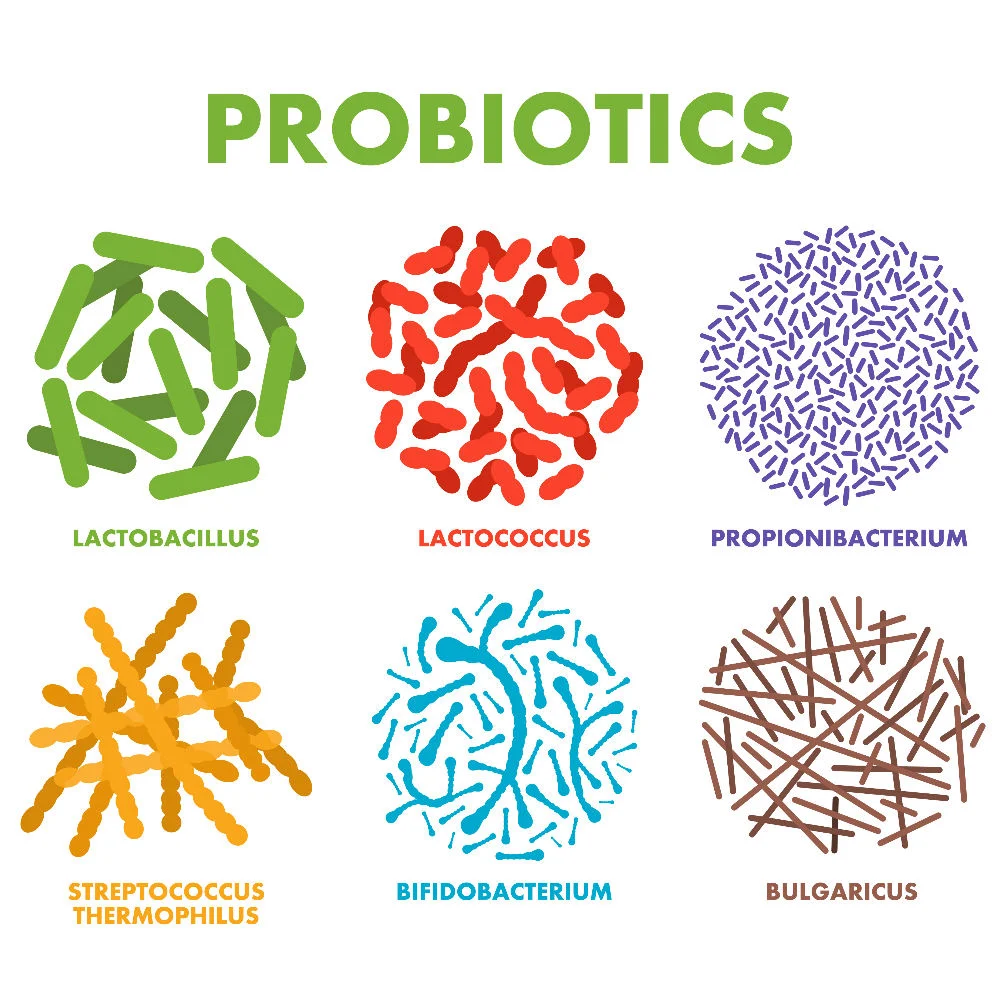
Not all probiotics affect mood equally. Research has identified several strains with particularly strong evidence for psychological benefits:
- Lactobacillus acidophilus: May help reduce anxiety symptoms and improve cognitive function
- Lactobacillus casei: Shows promise in reducing stress-related markers and improving mood
- Bifidobacterium longum: Associated with reduced anxiety and depression markers in clinical studies
- Lactobacillus rhamnosus: Demonstrated effects on GABA receptors, which play a key role in anxiety regulation
- Bifidobacterium breve: May help reduce stress-induced inflammation that affects mood
Studies indicate that multi-strain formulations often provide more comprehensive benefits than single strains, likely because they better mimic the diversity of a healthy gut microbiome. The optimal dosage remains under investigation but typically ranges from 1 billion to 10 billion CFU (colony-forming units) per day.
Potential Side Effects and Precautions When Using Probiotics
While probiotics are generally recognized as safe for most individuals, they can cause temporary side effects, particularly when first introduced:
- Digestive discomfort, including gas, bloating, or mild stomach upset
- Headaches (possibly related to gut bacteria die-off and toxin release)
- Allergic reactions in sensitive individuals
- Potential infection risk in severely immunocompromised people
These side effects typically resolve within a few days to weeks as your body adjusts. To minimize discomfort, consider:
- Starting with a lower dose and gradually increasing
- Taking probiotics with meals rather than on an empty stomach
- Choosing high-quality products from reputable manufacturers
- Consulting healthcare providers if you have a compromised immune system or serious health conditions
Individuals with severe immune disorders, those recovering from surgery, or those with serious digestive conditions should consult healthcare providers before starting probiotic supplementation.
Integrating Probiotics into Your Diet: Natural Food Sources
While supplements offer concentrated doses of specific probiotic strains, incorporating naturally probiotic-rich foods into your diet provides additional nutrients and prebiotics that support gut microbial health:
- Yogurt: Look for products labeled “contains live active cultures” with no added sugars
- Kefir: A fermented milk drink with a higher probiotic concentration than yogurt
- Sauerkraut: Unpasteurized varieties contain live cultures; pasteurization kills beneficial bacteria
- Kimchi: Korean fermented vegetables rich in Lactobacillus bacteria
- Kombucha: A fermented tea beverage containing various beneficial yeasts and bacteria
- Tempeh: Fermented soybeans with probiotic properties
- Miso: Traditional Japanese seasoning made from fermented soybeans
For maximum benefit, incorporate a variety of these foods regularly rather than consuming a large amount occasionally. The diversity helps support a more balanced gut microbiome.
Lifestyle Factors That Support Gut-Brain Health
Probiotics work best as part of a comprehensive approach to gut and mental health. These complementary practices enhance their effectiveness:
- Dietary fiber: Feeds beneficial gut bacteria; aim for diverse plant foods daily
- Limited sugar and processed foods: These can promote harmful bacterial growth
- Adequate hydration: Supports overall digestive function
- Regular physical activity: Promotes microbial diversity and gut motility
- Stress management: Chronic stress negatively impacts gut flora
- Sufficient sleep: Poor sleep disrupts microbial balance
- Limited antibiotic use: Take only when medically necessary, as antibiotics can disrupt gut flora
Remember that consistency matters more than perfection. Small, sustainable changes to your lifestyle can significantly impact your gut microbiome and, consequently, your mood over time.
When to Consider Probiotic Supplements for Mood Support
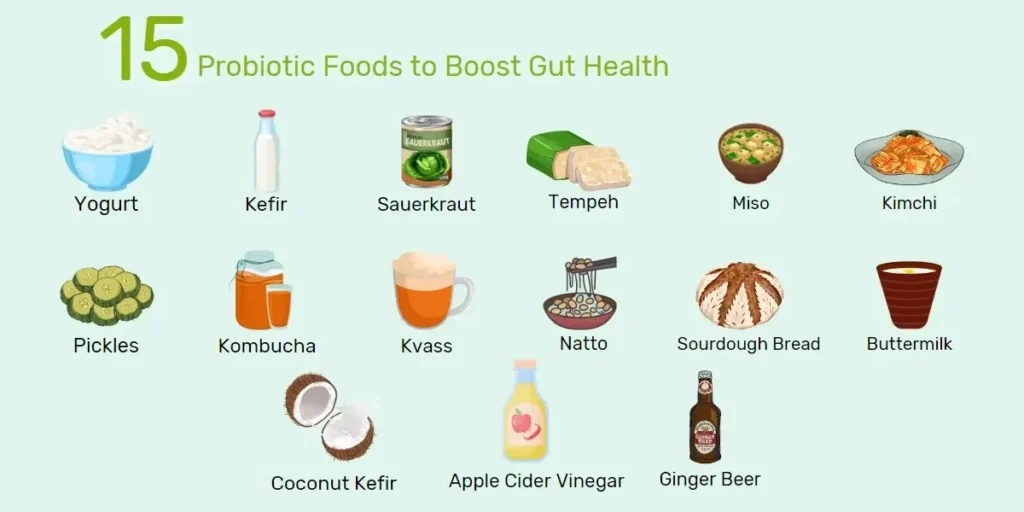
While food sources provide natural probiotics, supplements may be beneficial in specific circumstances:
- After antibiotic treatment, which can deplete beneficial bacteria
- During periods of high stress when gut health may be compromised
- If you have limited access to or tolerance for fermented foods
- When dealing with persistent low mood or anxiety symptoms
- If you have conditions associated with gut dysbiosis (microbial imbalance)
When selecting supplements, look for:
- Multiple strains of beneficial bacteria
- Clear labeling of bacterial strains and quantities (CFU)
- Guaranteed potency through the expiration date
- Third-party testing for quality assurance
- Proper storage requirements to maintain viability
Different delivery systems (capsules, powders, liquids) have varying benefits; choose one that fits your lifestyle and preferences.
The Future of Psychobiotics: Emerging Research Directions
The field of psychobiotics is rapidly evolving, with several exciting research directions:
- Personalized probiotics: Tailored formulations based on individual microbiome profiles
- Genetically modified probiotics: Engineered to produce specific compounds that benefit brain health
- Targeted strain development: Identifying and enhancing strains with particularly strong neurochemical impacts
- Combination therapies: Using probiotics alongside other treatments for mental health conditions
- Developmental impact: Understanding how early-life probiotic exposure affects lifelong mental health outcomes
Researchers are also investigating specific mechanisms by which probiotics influence mood, including:
- Modulation of inflammatory pathways
- Production of neurotransmitters like serotonin and GABA
- Regulation of stress hormone pathways
- Influence on vagus nerve signaling between gut and brain
Frequently Asked Questions About Probiotics and Mental Health

Q: How quickly can probiotics improve mood?
Most studies show that the mood-enhancing effects of probiotics typically emerge after 4-8 weeks of consistent use. This time frame allows for meaningful changes in gut microbial composition and the subsequent biochemical changes that affect brain function. Individual responses may vary based on baseline gut health, specific strains used, and overall lifestyle factors.
Q: Can probiotics help with clinical depression or anxiety disorders?
While research shows promise, probiotics are currently considered a complementary approach rather than a primary treatment for diagnosed mental health conditions. Several clinical trials have demonstrated that certain probiotic strains can reduce symptoms of depression and anxiety, particularly when used alongside conventional treatments. Always consult with mental health professionals before using probiotics as part of a treatment plan for clinical conditions.
Q: Are probiotics safe to take with antidepressants or anti-anxiety medications?
Generally, probiotics can be safely taken alongside most psychiatric medications. In fact, some research suggests they may enhance medication effectiveness by improving gut health and reducing inflammation. However, it’s essential to consult with healthcare providers before combining treatments, as individual medical histories and specific medication interactions may vary.
Q: Do children benefit from probiotics for emotional regulation?
Emerging research suggests that probiotics may support emotional regulation in children, particularly those with neurodevelopmental conditions. Studies have shown improvements in behaviors and mood in some pediatric populations. However, children’s microbiomes differ from adults, so consult pediatric healthcare providers for age-appropriate strains and dosages.
Q: How do stress and probiotics interact?
Chronic stress can disrupt gut microbial balance, while poor gut health can heighten stress responses—creating a potentially negative cycle. Probiotics may help break this cycle by supporting gut barrier function, reducing inflammation, and modulating stress hormone production. During particularly stressful periods, maintaining or increasing probiotic intake may provide additional support for both gut and mental health.
Q: Can I get enough probiotics from food alone, or do I need supplements?
Many people can maintain healthy gut flora through regular consumption of fermented foods and a diverse, plant-rich diet. However, supplements may provide benefits during specific circumstances like antibiotic use, high stress periods, or when addressing particular health concerns. The advantage of supplements is guaranteed potency and targeted strains researched for specific benefits.
Q: Are refrigerated probiotics better than shelf-stable ones?
Not necessarily. While some probiotic strains require refrigeration to maintain viability, many modern formulations use technology like microencapsulation to protect probiotics from heat, moisture, and stomach acid. Quality matters more than storage method—look for products with guaranteed potency through expiration and third-party testing rather than focusing solely on whether they require refrigeration.
Q: What’s the difference between prebiotics, probiotics, and psychobiotics?
Prebiotics are non-digestible food components (primarily fiber) that feed beneficial gut bacteria. Probiotics are live beneficial microorganisms that confer health benefits when consumed adequately. Psychobiotics are a subset of probiotics specifically shown to produce mental health benefits through gut-brain pathways. Many comprehensive gut health formulations now include both prebiotics and probiotics (called synbiotics) for enhanced effectiveness.
Conclusion: Practical Steps for Using Probiotics to Support Mental Wellbeing
The growing body of research on the gut-brain connection offers new hope for those seeking natural approaches to mood regulation. While probiotics shouldn’t replace professional mental health care for clinical conditions, they represent a promising complementary strategy for supporting emotional wellbeing.
To harness the potential mood benefits of probiotics:
- Include diverse fermented foods in your regular diet
- Consider a high-quality supplement with clinically studied strains
- Support probiotic activity with prebiotic fiber-rich foods
- Maintain consistent lifestyle habits that foster gut health
- Be patient—microbial changes and their effects on mood develop over weeks to months
- Consult healthcare providers about integrating probiotics into your mental health plan
As our understanding of the gut-brain connection continues to evolve, probiotics may become an increasingly important tool in our collective approach to mental health and emotional wellbeing. By nurturing your gut microbiome, you’re not just supporting digestive health—you’re potentially cultivating a more balanced mood and resilient mind.
ALSO READ MORE HEALTH ARTICLES FROM CHIID HEALTH

